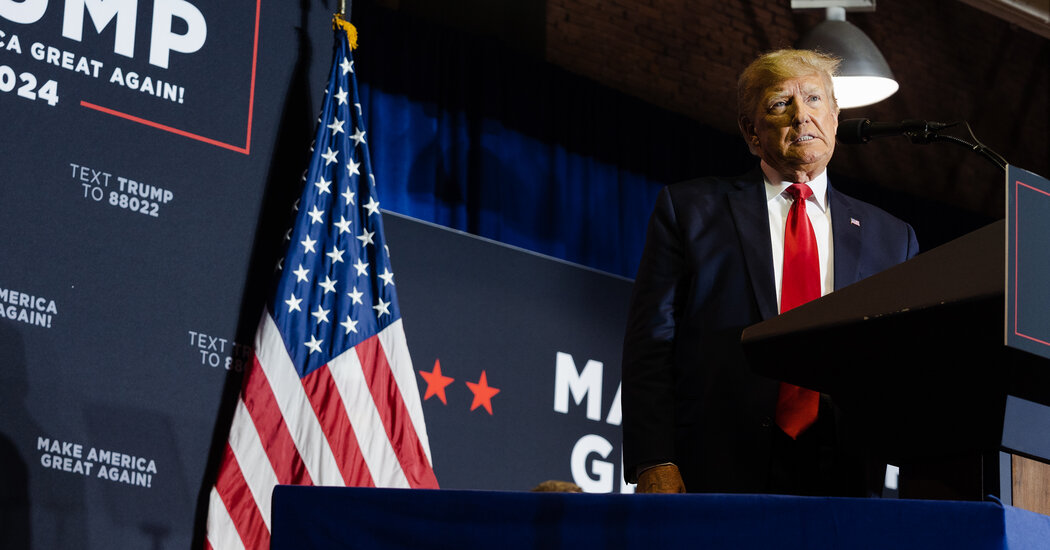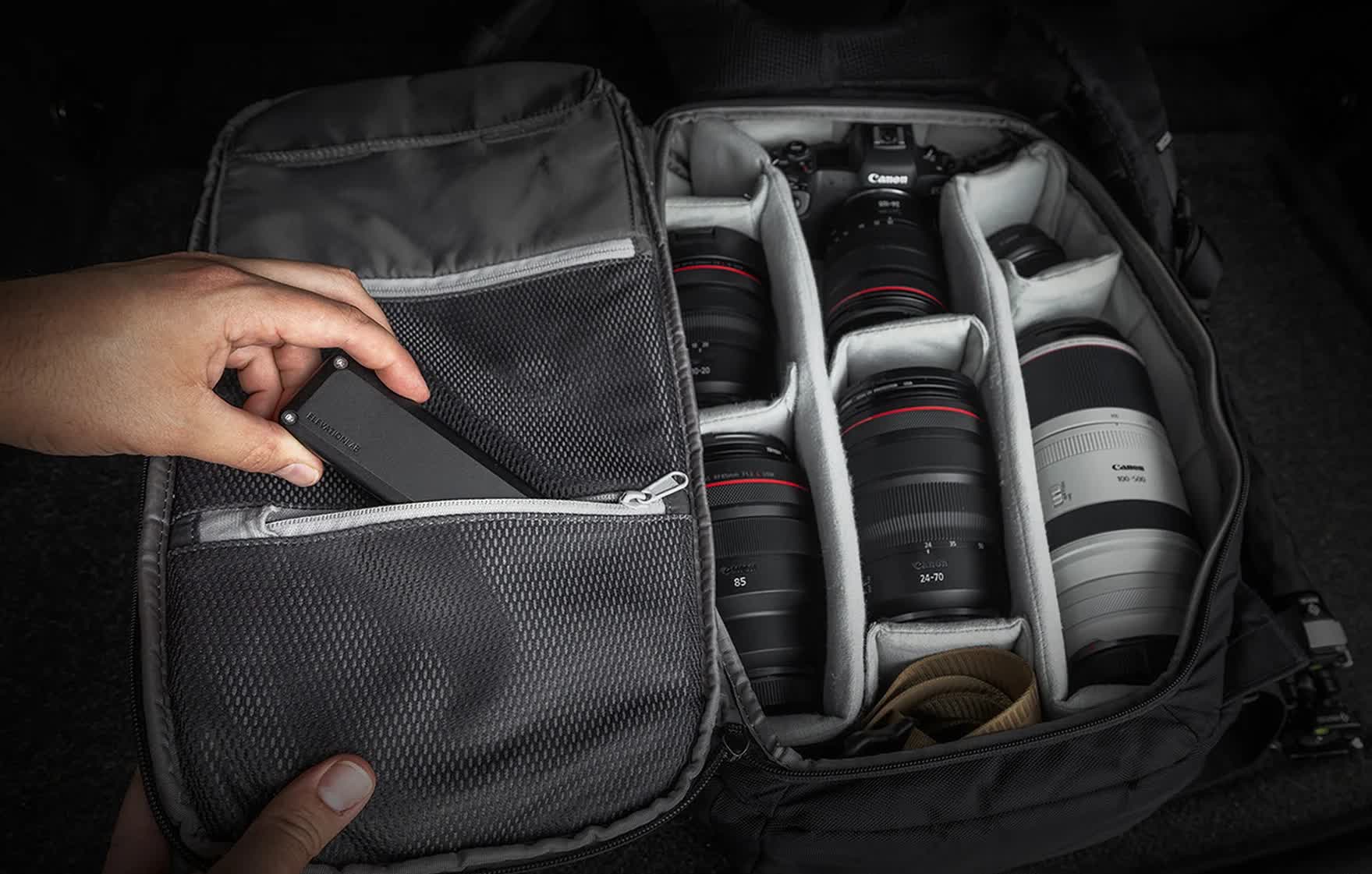The indictment against former President Donald J. Trump was unsealed on Friday, revealing the evidence-packed case federal prosecutors have against him. The indictment outlines how Mr. Trump mishandled classified documents he took from the White House, potentially putting national security secrets at risk. Among the documents he held onto were those related to sensitive nuclear programs and the country’s vulnerabilities to military attack. He shared these documents with people without security clearance and stored them haphazardly at his private club and residence in Florida, Mar-a-Lago, even stacking a pile of boxes in a bathroom.
Prosecutors condemned Mr. Trump’s actions that hid the material from investigators, and laid out evidence vividly showing how he tried to avoid government reclamation of the material. The indictment describes Mr. Trump’s sharing of highly sensitive national documents with visitors at his golf club in Bedminster, N.J., as well as the sharing of a top-secret military map with a staff member at his political action committee who lacked a security clearance. Prosecutors informed Mr. Trump he was a target of the investigation on May 19, 2021.
If convicted, Mr. Trump could face several years in federal prison. He was charged with 37 criminal counts covering seven different violations of federal law, alone or with one of his personal aides, Walt Nauta. Thirty-one counts were for willfully retaining national defense information under the Espionage Act, one count was for making false statements to federal investigators, and five counts were for conspiring to obstruct justice, concealing government documents, and scheming to conceal their efforts.
The indictment described in detail the lax approach Mr. Trump took to storing highly sensitive materials, which he knew were sensitive, and the extraordinary steps he took to evade investigators and even mislead his own legal team. He caused his lawyers to falsely certify a statement for the Justice Department last June that his legal team conducted a “diligent search” of Mar-a-Lago and found only a few files that had not been returned to the government.
The legal and political ramifications of the first-ever prosecution of a former president could be significant. Mr. Trump appeared to get one initial lucky break with the Federal judge in Florida assigned to the case, Aileen M. Cannon, being a Trump appointee who had issued with sweepingly favorable rulings for Mr. Trump in an earlier stage of the documents investigation, but was overruled by an appeals court. However, he also faced a setback after two of the lawyers representing him, James Trusty and John Rowley, resigned from his defense team, leaving the team in upheaval as he faces the most serious legal threat of his career. The unsealing of the indictment by the Justice Department came a day after Mr. Trump confirmed on his social media platform that he was being charged in the case, the result of just one of the investigations that have put him in serious legal peril even as he seeks to recapture the White House.
Trump Indictment Lays Out Evidence for Historic Charges in Documents Case














